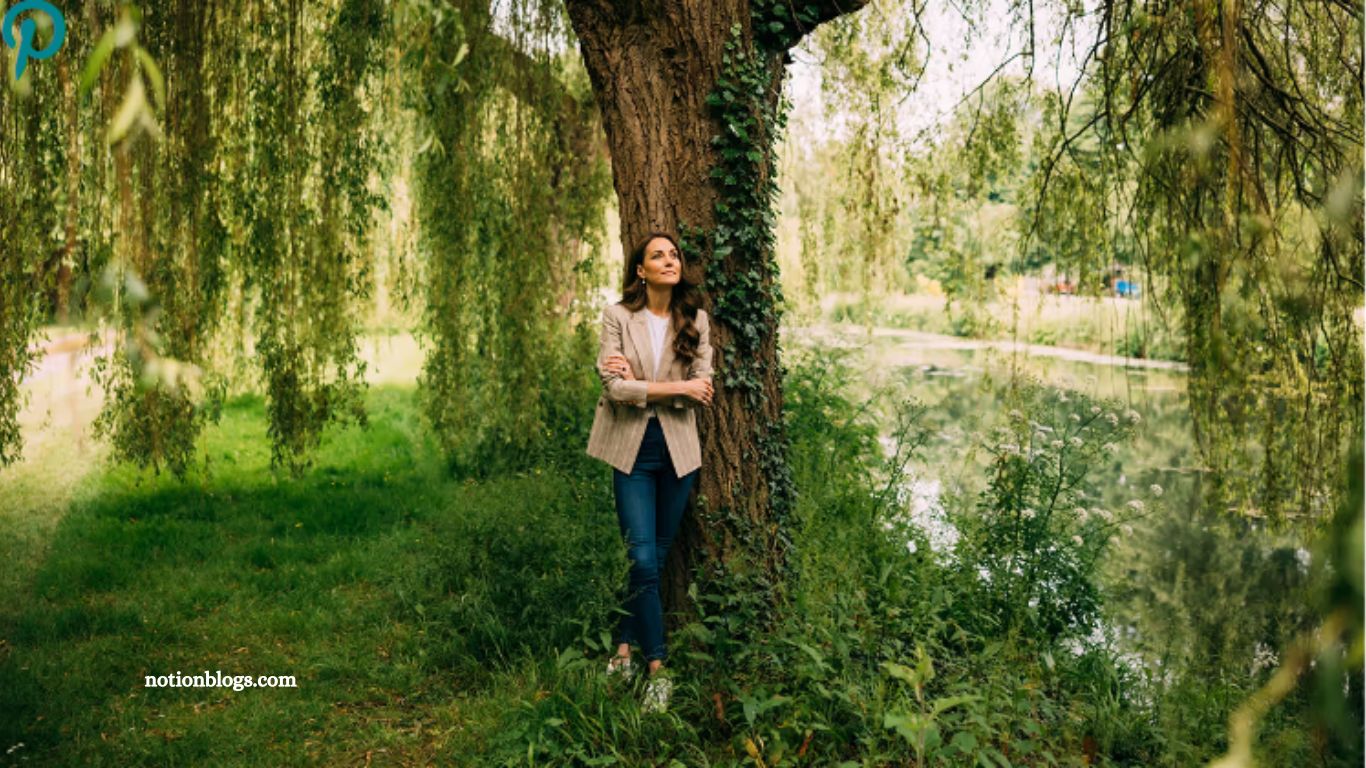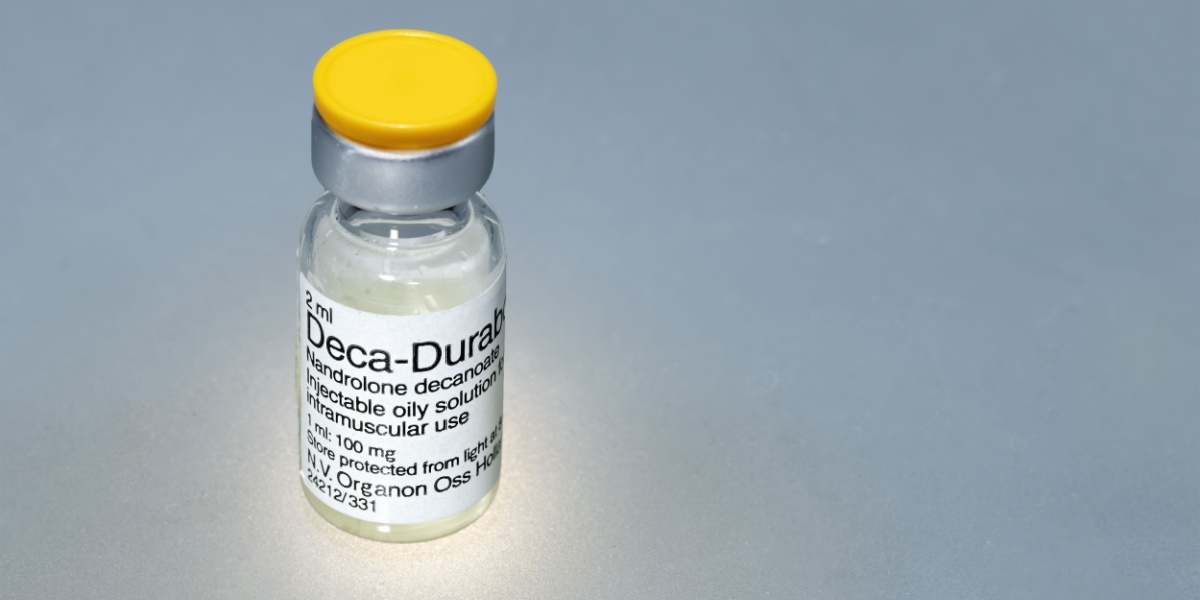Catherine Kate Middleton, the Princess of Wales, recently spoke candidly about her life following a cancer diagnosis and the challenges of treatment. In March 2024, the princess revealed that she had been diagnosed with cancer and was undergoing chemotherapy. She has since shared that the disease is currently in remission.
As the latest member of the British royal family to publicly disclose a cancer diagnosis, Catherine joins King Charles III and Sarah Ferguson, Duchess of York, who have also recently shared their own health battles.
During a visit to Colchester Hospital in southeast England on July 2, the 43-year-old described her experience as “really, really difficult.” She explained, “You put on a sort of brave face, stoicism through treatment. Treatment’s done, then it’s like, ‘I can crack on, get back to normal,’ but actually [that’s not the case].”
Read More: Trump Labels Musk a ‘Train Wreck’ Following Party Launch
While Catherine has not disclosed the specific type of cancer she was diagnosed with, she previously confirmed that her condition is in remission. Despite this positive development, she acknowledged that she “can no longer function normally at home as [she] perhaps once used to.”
The princess emphasized the ongoing nature of recovery, stating, “Finding a new normal… takes time. It’s a roller coaster; it’s not smooth, like you expect it to be. But the reality is you go through hard times.”
Catherine’s diagnosis became public after she stepped back from her public duties to undergo abdominal surgery the previous year, initially described by Kensington Palace as noncancerous. Subsequent tests following the procedure revealed the presence of cancer, which Middleton described as “a huge shock.”
She added, “William and I have been doing everything we can to process and manage this privately for the sake of our young family.” The couple has three children: Prince George, 11, Princess Charlotte, 10, and Prince Louis, 7.
In a statement to Healthline, the American Cancer Society underscored the impact a cancer diagnosis can have on families. Karen Knudsen, MD, CEO of the organization, explained, “We know the challenge of explaining a cancer diagnosis to any family member, especially children. Depending on their age and maturity level, children will experience the news of a diagnosis differently.”
Princess Kate Shares Update: “Good Days and Bad Days”
In June 2025, Princess Catherine, the Princess of Wales, offered a heartfelt update on her ongoing cancer treatment, revealing that she continues to experience both “good days and bad days” as she undergoes chemotherapy.
In a message shared via Instagram, the 42-year-old royal expressed that while her treatment is progressing, the journey remains physically and emotionally demanding. “I am making good progress, but as anyone going through chemotherapy will know, there are good days and bad days,” she wrote. “On those bad days you feel weak, tired, and you have to give in to your body resting. But on the good days, when you feel stronger, you want to make the most of feeling well.”
Catherine also reflected on the way treatment has shifted her pace of life, acknowledging that the process has taught her the value of patience. “I am learning how to be patient, especially with uncertainty. Taking each day as it comes, listening to my body, and allowing myself to take this much-needed time to heal,” she added.
Despite the ongoing treatment, the princess confirmed her intention to resume some royal duties. She announced she would attend her first public royal engagement of the year at the annual Trooping the Colour celebration in honor of King Charles III’s official birthday.
This update was received with widespread support from the public and the royal family, reinforcing the Princess of Wales’s enduring commitment to her role, even while prioritizing her health and well-being.
What We Know About Catherine, Princess of Wales’s Cancer Diagnosis
While specific details about Princess Catherine’s cancer remain limited, some information has been made public since her initial announcement in March 2024.
The Princess of Wales underwent major abdominal surgery earlier in the year for what was initially believed to be a noncancerous condition. Although the procedure was deemed successful, subsequent tests revealed the presence of cancer. On the recommendation of her medical team, she began a course of preventive chemotherapy. However, the exact type and stage of cancer have not been disclosed.
Medical experts emphasize that without more detailed information, it’s not possible to determine which form of cancer Catherine is facing. Dr. Cathy Eng, co-director of GI Oncology and Director of the Young Adult Cancers Program at Vanderbilt University, explained to Healthline:
“The information regarding GI surgery is a very generalized statement. The abdominal cavity contains not only the GI tract but also the urinary tract and female reproductive organs. Abdominal surgery may involve areas such as the colon, rectum, stomach, liver, gallbladder, pancreas, small bowel, bladder, kidneys, ovaries, and more.”
Dr. Eng further cautioned against speculation, reiterating,
“We cannot speculate on the type of cancer she may have since we do not have all the pertinent information.”
Similarly, Dr. Steven Lee-Kong, Chief of Colorectal Surgery at Hackensack University Medical Center, noted that based on current reports, it is likely the cancer originated in one of the abdominal organs.
According to the American Cancer Society, the most common cancers affecting women include breast, lung, colorectal, endometrial, and skin (melanoma). Among abdominal cancers, colorectal cancer is the most frequently diagnosed. Yet, Dr. Eng emphasized that statistics should not lead to assumptions in individual cases.
“We do not recommend stereotyping individuals based on trends or appearance alone. Cancer can affect anyone at any age,” she said. “This should serve as a reminder for all young people to remain attentive to changes in their bodies.”
Princess of Wales Underwent Preventive Chemotherapy Following Successful Surgery
Princess Catherine’s surgery was reported as successful, suggesting that the cancerous tissue was likely removed. Following the procedure, she underwent preventive chemotherapy, medically referred to as adjuvant chemotherapy. This form of treatment is administered after primary therapies, such as surgery, to reduce the risk of cancer recurrence rather than to prevent the initial development of cancer.
Dr. Steven Lee-Kong explained that if the Princess is receiving chemotherapy, it indicates a precautionary approach to minimize the chance of the cancer returning.
Dr. Cathy Eng elaborated on the purpose of adjuvant chemotherapy:
“The role of adjuvant chemotherapy is to provide additional treatment postoperatively to improve disease-free survival, overall survival, and to reduce the risk of recurrent disease in the future.”
Chemotherapy is a systemic treatment that circulates throughout the body, targeting rapidly dividing cancer cells by disrupting their ability to grow and divide. However, because these cytotoxic agents also affect healthy cells, patients often experience significant side effects. Common side effects include:
- Hair loss
- Fatigue
- Nausea and vomiting
- Diarrhea
- Increased risk of infection
Dr. Eng emphasized the critical importance of patient communication with oncology teams during chemotherapy treatment:
“I cannot overemphasize the importance of any patient receiving adjuvant chemotherapy to maintain open communication with their oncology team to ensure they are managing side effects effectively. Patients should also utilize supportive medications provided to alleviate these side effects.”
Why Early Cancer Detection Matters—Especially for Young Adults
The importance of early cancer detection has never been more critical—especially among young adults aged 18 to 49, a demographic experiencing a steady rise in cancer incidence.
According to the American Cancer Society’s 2024 Cancer Statistics, young adults were the only age group to see an increase in cancer rates between 1995 and 2020. In fact, cancer incidence in this age group has climbed by approximately 1% per year for both men and women over the past two decades.
Among the most common cancers affecting young adults are:
- Breast cancer
- Thyroid cancer
- Skin melanoma
- Testicular cancer
- Colorectal cancer
- Hodgkin lymphoma
Dr. Cathy Eng, co-director of GI Oncology at Vanderbilt University, emphasized the urgency of being proactive:
“I think this is a warning sign to all young individuals to pay attention to their bodies, and if a symptom does not resolve within less than two weeks, you should bring it to the attention of your physician.”
Despite the rising trend, early detection among young adults is often delayed. One reason is that individuals in this age group are less likely to have health insurance and may not undergo regular cancer screenings. This delay frequently results in diagnosis at later stages, when treatment becomes more complex and outcomes are less favorable.
Dr. Steven Lee-Kong, Chief of Colorectal Surgery at Hackensack University Medical Center, highlighted the impact of timing:
“We know that the sooner cancers are diagnosed and the earlier the stage is at diagnosis, the better patients do overall. Early detection, enhanced by age-appropriate screening, leads to improved survival and better overall outcomes.”
Dr. Adam L. Booth, assistant professor of pathology and immunology at Washington University School of Medicine, echoed this sentiment:
“Early detection through screening is our strongest defense against cancer progression because it is the only way to prevent or identify cancer before the disease advances, symptoms develop, and prognosis declines.”
He cited colon cancer as one example:
“Many patients undergoing a screening colonoscopy that identifies an early cancer have no symptoms. Thus, screening is the only way their cancer is caught early, which gives them a better prognosis overall.”
Helpful Strategies for Families Navigating a Cancer Diagnosis
Catherine, Princess of Wales, is the most recent member of the British royal family to share a cancer diagnosis—an announcement that comes on the heels of similar news within the royal household.
In early 2025, King Charles III revealed he was undergoing treatment for an unspecified cancer discovered during a procedure for benign prostate enlargement. Shortly after, Sarah Ferguson, Duchess of York and former member of the royal family, announced she was recovering from melanoma—detected during reconstructive surgery following treatment for breast cancer.
As a wife and mother of three young children, Catherine’s diagnosis has likely posed emotional challenges for her family. In her public statement, she expressed solidarity with others facing similar journeys:
“At this time, I am also thinking of all those whose lives have been affected by cancer. For everyone facing this disease, in whatever form, please do not lose faith or hope.”
Supporting Children Through a Parent’s Cancer Diagnosis
The American Cancer Society (ACS) provides guidance for families dealing with a cancer diagnosis—particularly in how to communicate with children during this difficult time. Open, age-appropriate conversations are vital to helping children understand and emotionally process what’s happening.
The ACS recommends:
- Using clear, honest language to explain the type of cancer and the expected changes during treatment.
- Maintaining a balance between too much and too little information.
- Encouraging children to ask questions and express their feelings freely.
Karen Knudsen, PhD, CEO of the American Cancer Society, emphasized the unique emotional challenges faced by children, especially those between the ages of 7 and 12:
“Children in this age group may struggle to express their distress and may worry that sharing their feelings will upset their loved ones.”
Knudsen also praised the Princess of Wales for her courage in sharing her diagnosis publicly:
“We commend Princess Catherine for her openness and vulnerability. The American Cancer Society recognizes the importance of respecting the privacy of the Prince and Princess of Wales and their family as they navigate this challenging time. We wish them all the best as Princess Catherine continues to focus on her treatment and recovery.”
Frequently Asked Questions (FAQs)
What type of cancer was Princess Catherine diagnosed with?
As of now, the specific type of cancer has not been disclosed publicly. Catherine has chosen to keep those details private, and the palace has not issued further information regarding the diagnosis.
When did Princess Catherine announce her cancer diagnosis?
She publicly announced her diagnosis in March 2024, following a period of absence from public duties and after undergoing abdominal surgery earlier that year.
Is Catherine, Princess of Wales, currently in remission?
Yes. In a later update, Catherine shared that the cancer is currently in remission, although she continues to undergo preventive (adjuvant) chemotherapy to reduce the risk of recurrence.
What kind of treatment is she receiving?
Catherine is receiving adjuvant chemotherapy, a preventive treatment given after successful cancer surgery to lower the risk of the cancer returning.
Why is early cancer detection emphasized in relation to her case?
While her specific cancer type remains undisclosed, her story has highlighted the importance of early detection, especially for young adults, as cancer rates are rising in this age group. Early diagnosis improves survival and treatment outcomes.
How has the royal family responded to Catherine’s diagnosis?
Catherine and Prince William have focused on managing the situation privately for the sake of their family. Public statements have been limited, emphasizing respect for their privacy during recovery.
Conclusion
Catherine, Princess of Wales, has shown immense courage and grace in sharing her personal journey with cancer—a path marked by uncertainty, emotional challenges, and physical hardship. Her openness has not only shed light on the realities of living with cancer but also amplified the importance of early detection, transparent communication within families, and compassionate care.
Her story resonates far beyond the royal household, touching the lives of individuals and families around the world who are navigating similar battles. As she continues her recovery, Catherine’s message of resilience, hope, and empathy stands as a powerful reminder that no one faces cancer alone.







